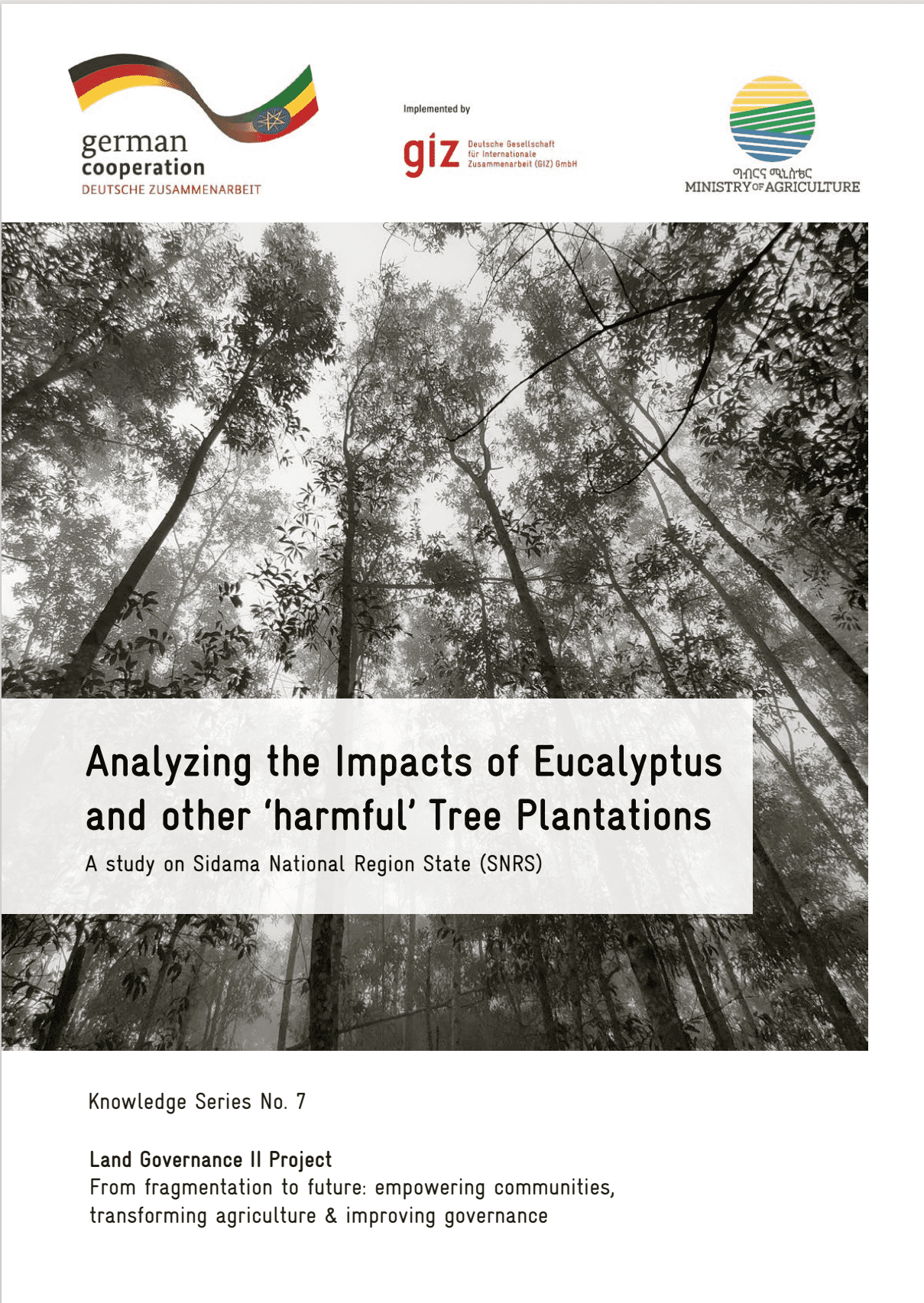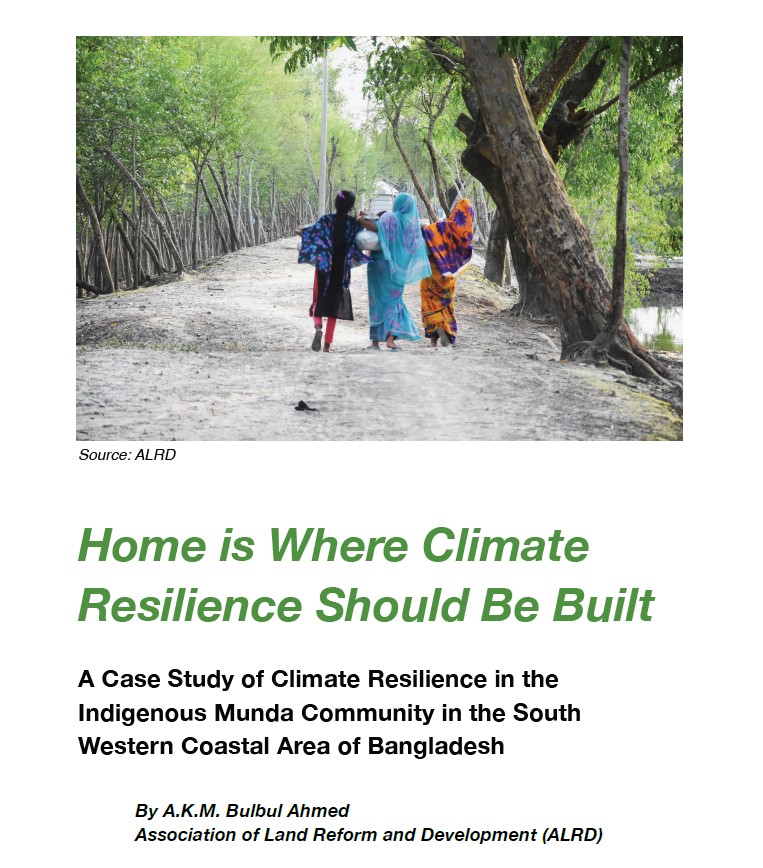Analyzing the Impacts of Eucalyptus and other ‘harmful’ Tree Plantations
This study focuses on evaluating the impacts of eucalyptus tree plantations and other tree species on various aspects such as agricultural production, water resources, soil nutrients, natural forests, and biodiversity in the Sidama National Regional State (SNRS) of Ethiopia. While eucalyptus plantations have been acknowledged for sustaining local livelihoods, concerns have arisen regarding their adverse effects on water quantity and quality, soil fertility, biodiversity, and crop productivity.



